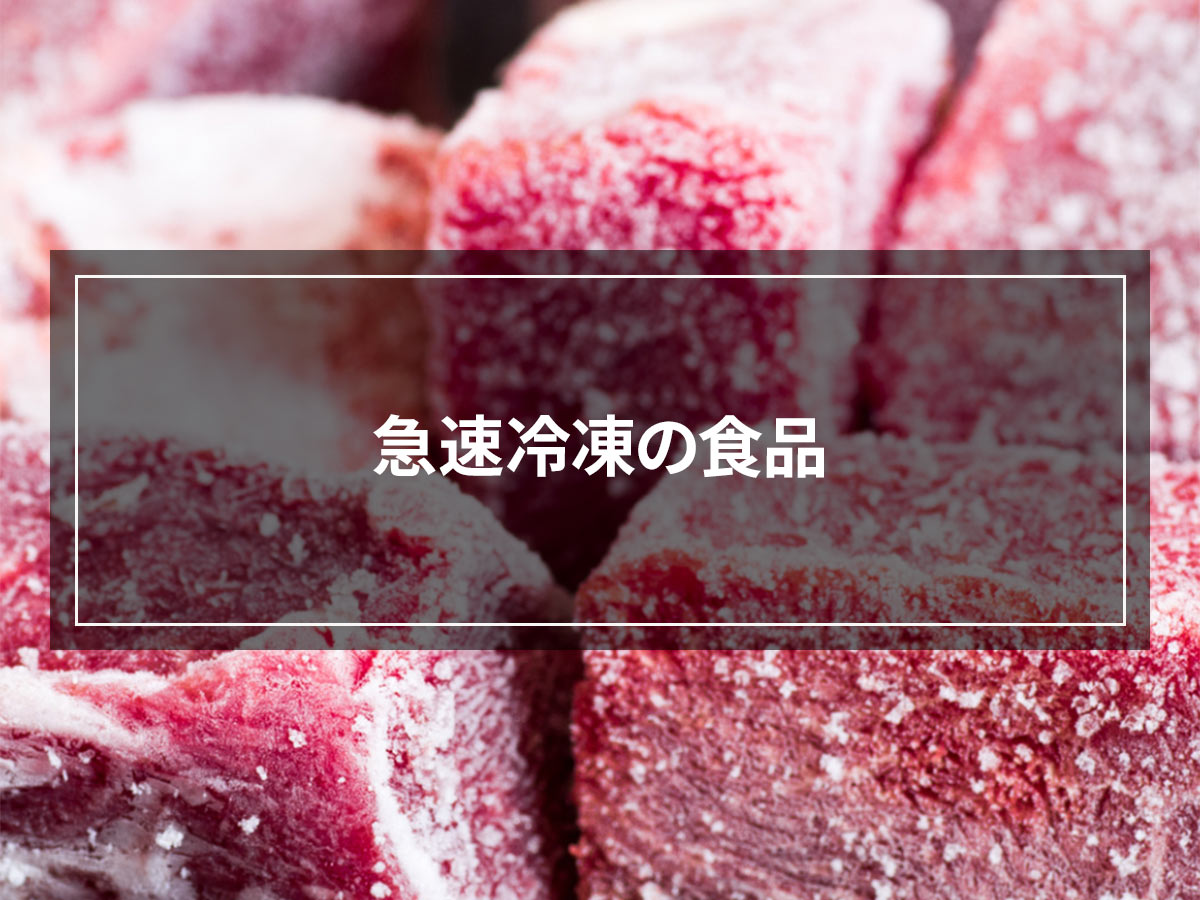What is the cause of the labor shortage in the tourism industry? Examples of effective measures and use of rapid freezer

In recent years, the tourism industry has seen a significant recovery in demand as society transitions from with-corona to post-corona. However, many companies are struggling with the issue of labor shortages.
Labor shortages increase the burden on existing employees, causing factors such as a decline in service quality and opportunity loss. Therefore, many companies are taking measures to address the labor shortage.
In this article, we will explain the current situation and causes of the labor shortage that the tourism industry is experiencing. In addition, in the second half of the article, we will introduce countermeasures for the labor shortage in the tourism industry, so please refer to it.
目次
Current status of labor shortage in the tourism industry

As mentioned at the beginning, Japan's tourism demand is on a recovery trend.
Although there has been a significant decline due to the coronavirus pandemic, demand for tourism is increasing as society transitions from with-corona to post-corona, and inbound tourists in particular are expected to recover to pre-corona levels in 2023.
On the other hand, the labor shortage at hotels and inns is becoming more and more serious.
According to a survey by Teikoku Databank, approximately 70% of companies operating hotels and inns are experiencing a labor shortage.
Specifically, 72.6% of companies felt that there was a shortage of regular employees, and 68.1% of companies felt that there was a shortage of non-regular employees. These numbers are among the highest among all industries.
This significant labor shortage is thought to be due to the fact that human resources left for other industries when the number of tourists decreased significantly due to the coronavirus pandemic, and have not returned to the tourism industry such as hotels and inns since then.
For these reasons, the labor shortage is becoming even more serious in the tourism industry, where many companies were already suffering from labor shortages even before the coronavirus pandemic.
In the tourism industry, even though Japan's tourism demand is on a recovery trend, the current situation is that the number of human resources has not kept pace.
Reference: Survey of corporate trends regarding labor shortage (July 2023) (Teikoku Databank)
What is the cause of the shortage of human resources in the tourism industry?
As mentioned earlier, the tourism industry has been facing a significant labor shortage in recent years as the human resources who left the country due to the coronavirus pandemic have not been able to return easily.
So, why don't the human resources who left the tourism industry return to the jobs they previously worked at, such as hotels and inns?
This chapter explains the reasons why the tourism industry is prone to chronic labor shortages.
High turnover rate
The tourism sector has by far the highest employee recruitment and turnover rates compared to other industries.
This means that even though the company employs a large number of employees, it is difficult to retain the staff.
According to the Ministry of Health, Labor and Welfare's `` Summary of 2020 Employment Trend Survey Results,'' the turnover rate in the accommodation and food service industries is 26.8%.
This is the highest number among all industries, and is considerably higher than the average for all industries, which is 15.0%.
hard to take vacation
According to the Ministry of Health, Labor and Welfare's `` Reiwa 5 Comprehensive Survey on Working Conditions,'' the number of annual paid vacation days for hotels and inns is 6.7 days, which is a considerably lower number than other industries.
Most hotels and inns are open 24 hours a day, 365 days a year, and because there is a difference between busy and off-season periods (busy/off-season differences), a shift system has been introduced that allows for flexible staffing. In addition, on Saturdays, Sundays, and holidays, you will most likely not be able to take time off according to the calendar, as this is when booking accommodations.
For this reason, in the tourism industry, many people tend to leave their jobs after giving birth or raising children, as it is difficult to balance this with childcare and family life.
The burden of long working hours is heavy
The Labor Standards Act stipulates that employees may not work more than ``8 hours a day or 40 hours a week'' as legal working hours.
However, in the case of hotels and inns, which are open 24 hours a day, 365 days a year, they tend to have large fluctuations in business and busy periods, so it is not uncommon for them to introduce a system called variable working hours.
If a flexible working hour system is introduced, employees may work shorter hours during off-season periods and longer hours during busy periods.
Additionally, if an unexpected problem occurs during shift hours at a hotel or inn, the workload will increase accordingly.
Therefore, compared to occupations that involve routine work, it can be said that the burden on employees who provide hospitality to guests is likely to be greater.
Reference: Working hours and holidays (Ministry of Health, Labor and Welfare)
Reference: Variable working hours system (Ministry of Health, Labor and Welfare)
low salary
Work at hotels and inns places a heavy burden on workers, but wages tend to be low.
According to the National Tax Agency's 2020 Private Sector Salary Statistics Survey, the average salary in private companies was 4.58 million yen, while the average salary in the hotel and inn industry was 2.68 million yen.
Hotels are opening one after another
Before the coronavirus pandemic, many accommodation facilities opened in time for the Tokyo Olympics.
In recent years, new hotels have been opening one after another due to the recovery in inbound tourism and the expansion of foreign companies into the country, taking note of the weakening yen.
The opening of these new hotels can be said to be a factor in increasing rivals in the tourism industry's recruitment market and accelerating the competition for human resources.
What measures can be taken to resolve the labor shortage?

In order to resolve the labor shortage in the tourism industry such as hotels and inns, it is necessary to take the following measures.
Review of working environment
As mentioned earlier, many hotels and inns have harsh working conditions due to the large fluctuations in business and leisure, as well as being open 24 hours a day, 365 days a year, and long working hours.
In order to prevent staff turnover under these circumstances, it is important to create a ``friendly working environment'' through the following measures.
- Correcting long working hours
- Introduction of fixed shift system
- Shift settings based on holidays
- Recommended setting of consecutive holidays
Review of salary system
In order to increase employee motivation, it is essential to improve wages and benefits that are commensurate with the amount of work and job content.
For example, in addition to applying equal pay for equal work to part-time workers, it may be a good idea to consider raising salaries and bonuses in some cases.
If it is difficult to raise salaries and bonuses, it may be a good idea to introduce an incentive system to reflect employees' contributions in their salaries.
Review of welfare benefits
In order to increase employee motivation, it is important to provide comprehensive welfare benefits. There are two types of welfare benefits: statutory welfare benefits and non-statutory welfare benefits.
Of these, non-statutory welfare programs are something that companies can independently enhance. Specifically, these include:
- Company housing
- family allowance
- Commuting allowance
- Meal assistance
- Special leave system
- Childcare and nursing care support
- Self-development support
- Sports club discounts, etc.
Strengthening human resource development
In industries such as hotels and inns, where both recruitment and turnover rates are high, human resource development is slow due to rapid turnover. Additionally, if the new hires do not make much progress in training, the burden on senior employees may not be reduced.
In order to reduce the burden on senior employees and increase the retention rate of newly hired employees, it is important to create a system that makes it easy for employees to learn what they have been taught, such as by creating work manuals and conducting etiquette training.
In particular, if a manual is in place, it is possible to have new employees prepare and review the work details. It also eases the burden on senior employees who teach.
Active introduction of new technology
By using new technology, it is also possible to solve labor shortages and improve profitability.
In recent years, in line with the government-led trend of DX (digital transformation), an increasing number of hotels and inns have introduced the following digital tools in order to resolve issues such as labor shortages.
- Reservation management system
- automatic check-in
- Cleaning robots, etc.
Additionally, in order to resolve labor shortages, there are an increasing number of cases where the latest refrigeration technology is being used to streamline tasks such as meal preparation and cooking.
In the next chapter, we will introduce rapid freezer that solves the labor shortage.
What is rapid freezer solves the labor shortage in the tourism industry?
Over the past few years, there have been many cases where rapid freezer have been introduced to alleviate labor shortages.
The latest freezing technology makes it possible to freeze food without sacrificing quality. Therefore, you can prepare the food in advance and then serve it on the day by simply thawing it or doing the final cooking.
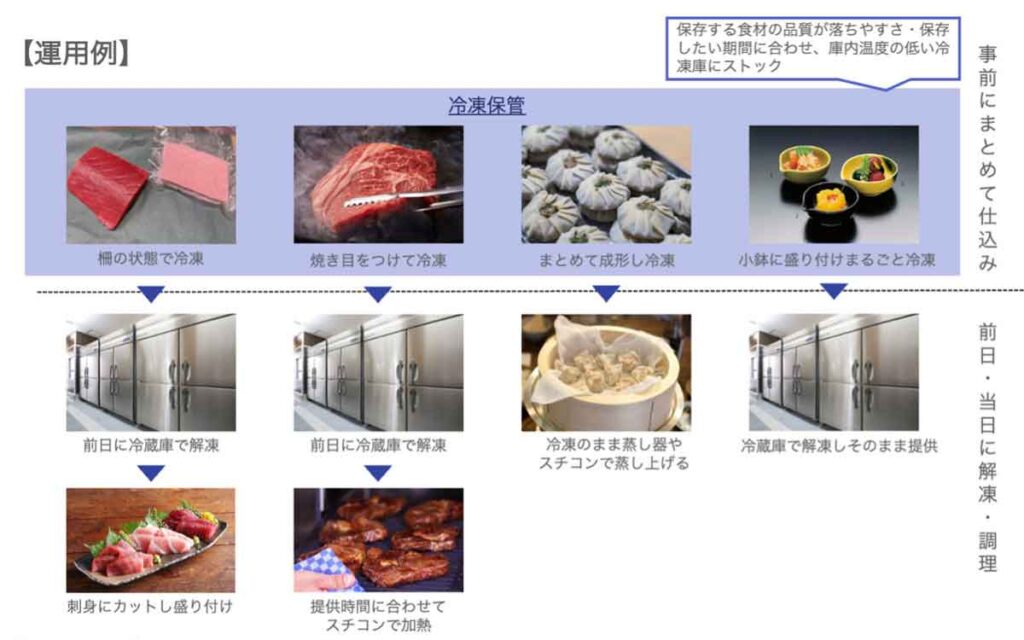
If you prepare meals in bulk during the off-season when your staff has more free time, you will have the advantage of shortening the time it takes to serve meals and reducing the burden during busy periods.
Additionally, when serving breakfast in the form of a buffet, rapid freezer are extremely useful for minimizing food waste, as you can adjust the amount to defrost while observing the situation inside the venue.
Furthermore, if you use rapid freezer, you can freeze locally produced foods that can only be eaten locally and make souvenirs.
If you make frozen souvenirs from menu items that are popular with tourists, you may be able to gain repeat customers from a food perspective. If you sell popular menu items at an online shop, you can expect to expand your sales channels.
For those who want to rapid freezing the special flavors of hotels and inns in good condition, we recommend Daybreak's Art Lock Freezer.
The Artlock Freezer is characterized by its ability to accurately reproduce taste and texture while minimizing food damage. If you are interested in Artlock Freezer, please check the details from the page below.
Conclusion
The tourism industry, including hotels and inns, is facing a serious labor shortage as the personnel who lost their jobs due to the coronavirus pandemic are not returning. Additionally, there was a labor shortage even before the coronavirus outbreak due to poor working conditions and the rapid opening of hotels.
Under these circumstances, one way to resolve the labor shortage in hotels and inns is to introduce rapid freezer as part of improving operational efficiency. In recent years, many lodging facilities have put effort into providing breakfast services, so rapid freezer are increasingly being used.
Among them, Daybreak's ``Art Lock Freezer'' is rapid freezer that can achieve the quality recognized by top-class chefs. If you use the Artlock Freezer, dryness, cracking, oxidation, and discoloration, which tend to occur with conventional rapid freezer will be less likely to occur.
If you are interested in Art Lock Freezer, please take a look at the materials.




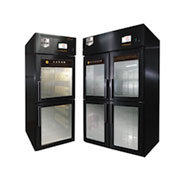

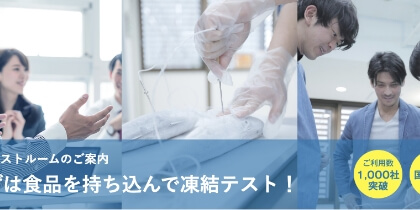
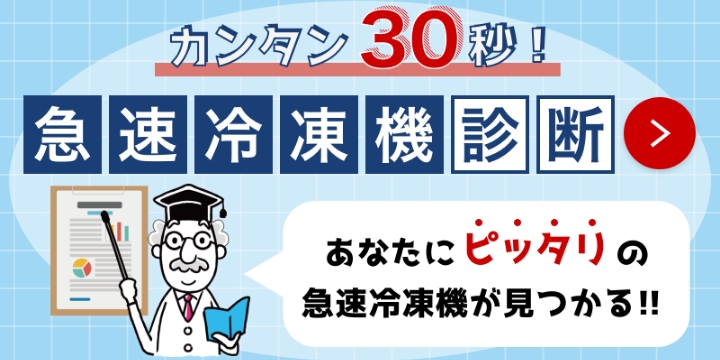
![[Storage period increased by 30 times! ] Achieving a stable supply of raw whitebait!](https://shunkashutou.com/wp-content/uploads/2016/11/579c55e6d32e1385c250e8e7c3ed59a71.jpg)
![[Sales increased 100 times! ] rapid freezing the signature menu “Ni-katsu sandwich”!](https://shunkashutou.com/wp-content/uploads/2016/11/IMG_02391.jpg)
![[Horse sashimi] We have significantly reduced waste loss with rapid freezer!](https://shunkashutou.com/wp-content/uploads/2016/11/5fda59d0cbcdabde18e58c3c58c09ed0.jpg)
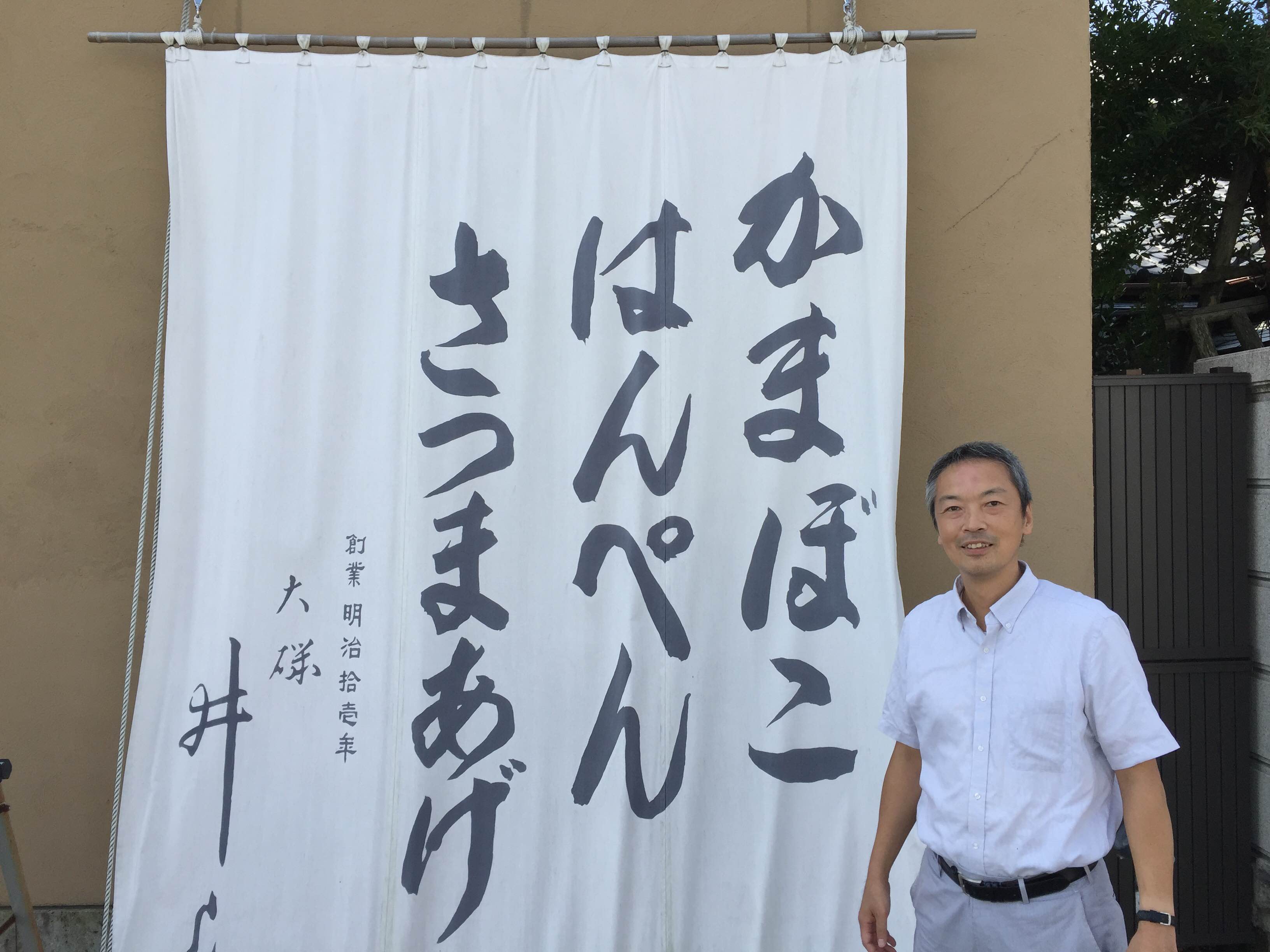
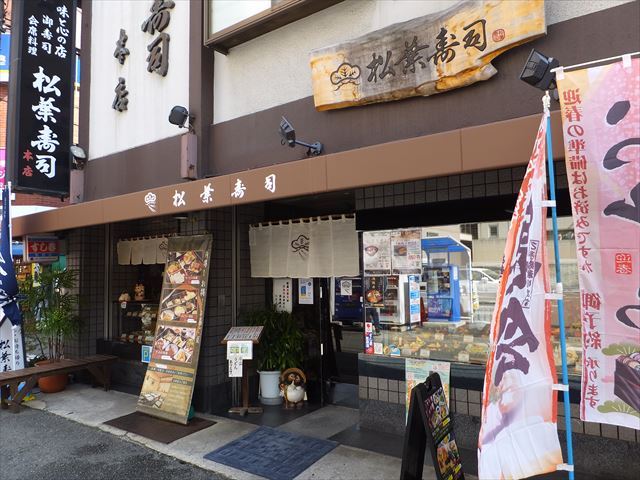


![[Storage period increased from 3 days to half a year! ] Restaurants are expanding their business using wholesale and mail order!](https://shunkashutou.com/wp-content/uploads/2018/04/66c19942ab4ba346fdb64ccc04cde373.png)
![[Reduce loss from 200 kg of oysters to zero] Improve loss and expand business with rapid freezer](https://shunkashutou.com/wp-content/uploads/2018/06/19785ca583a8d3c4041c7c192d041b0d.jpg)
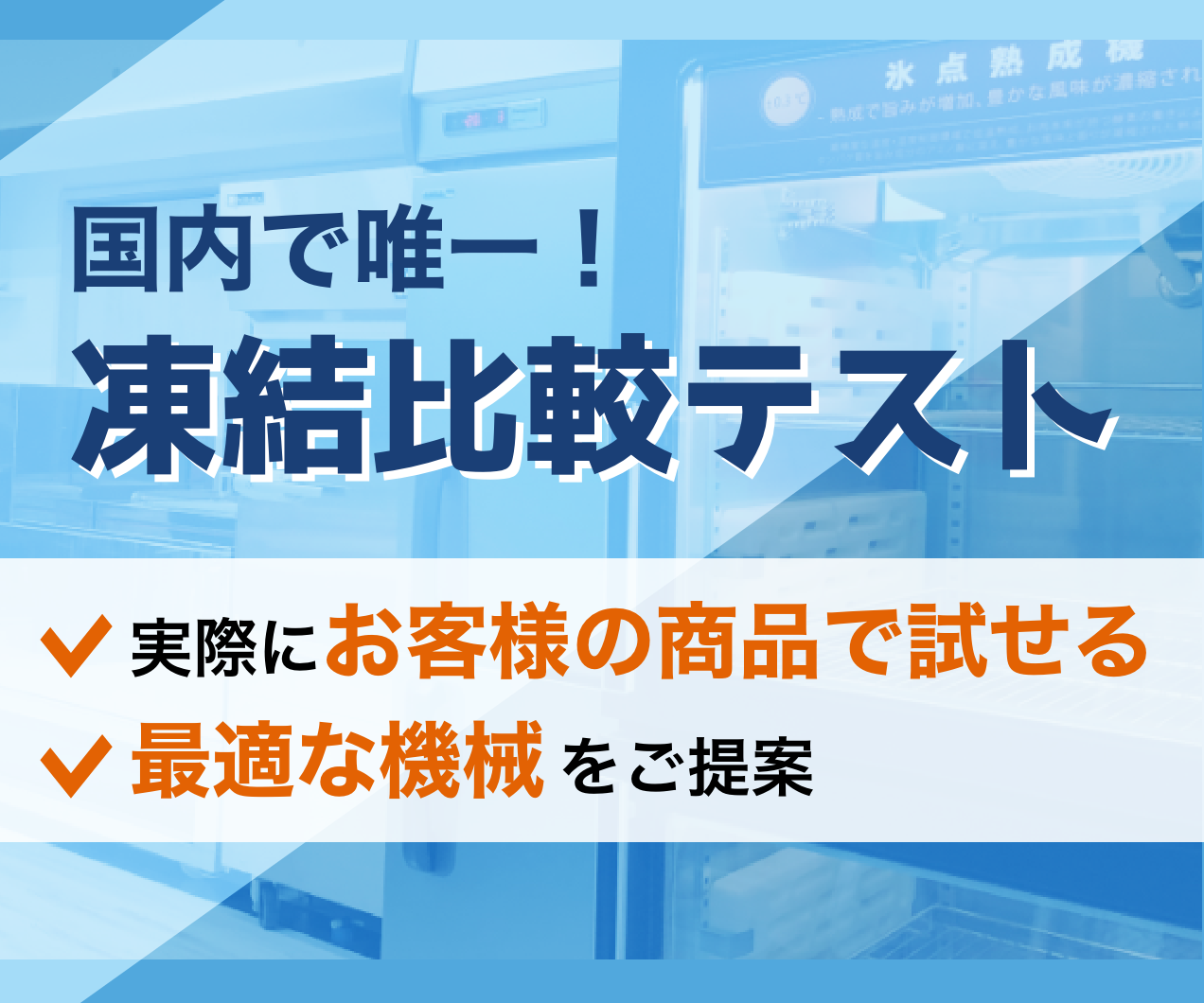
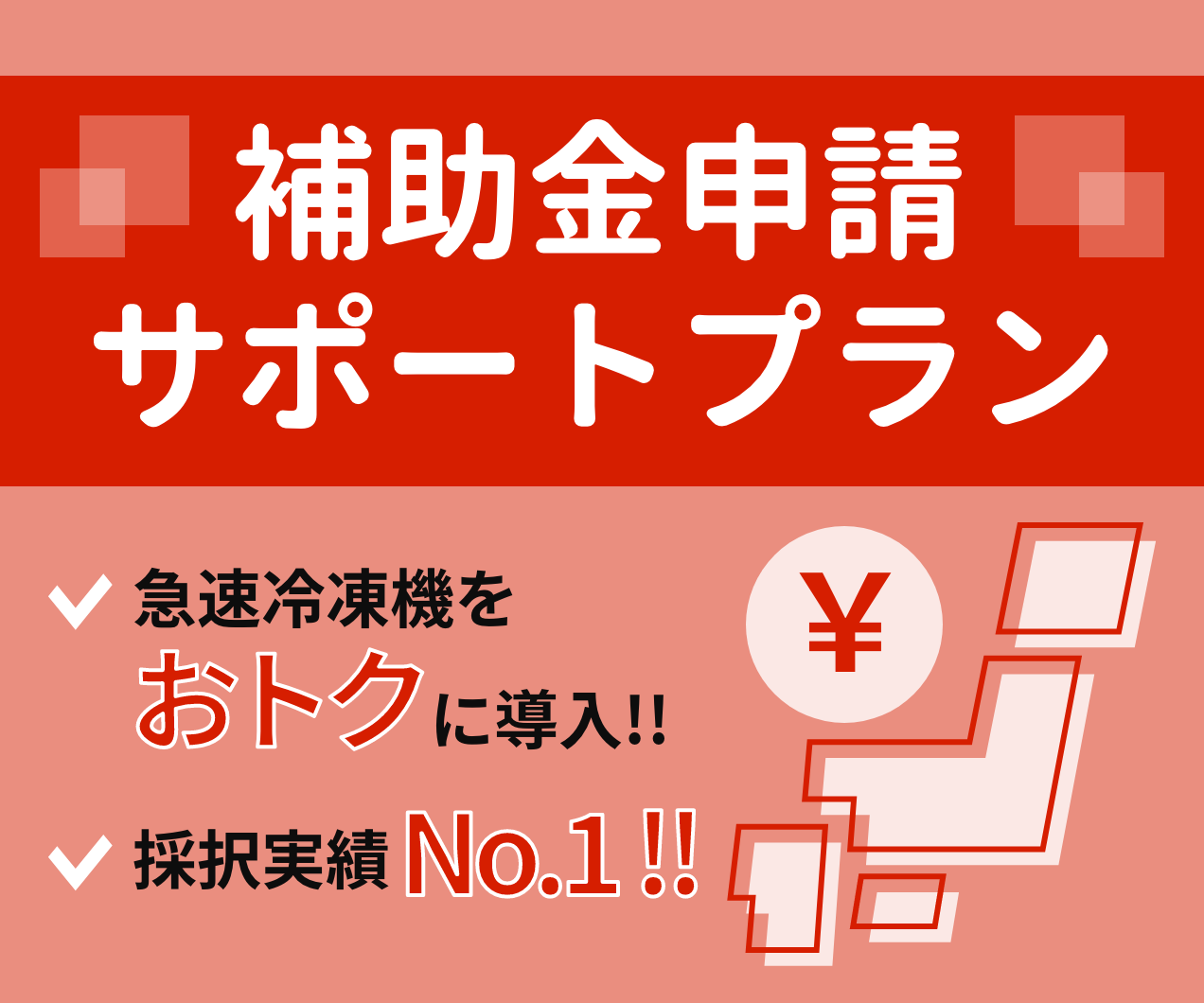
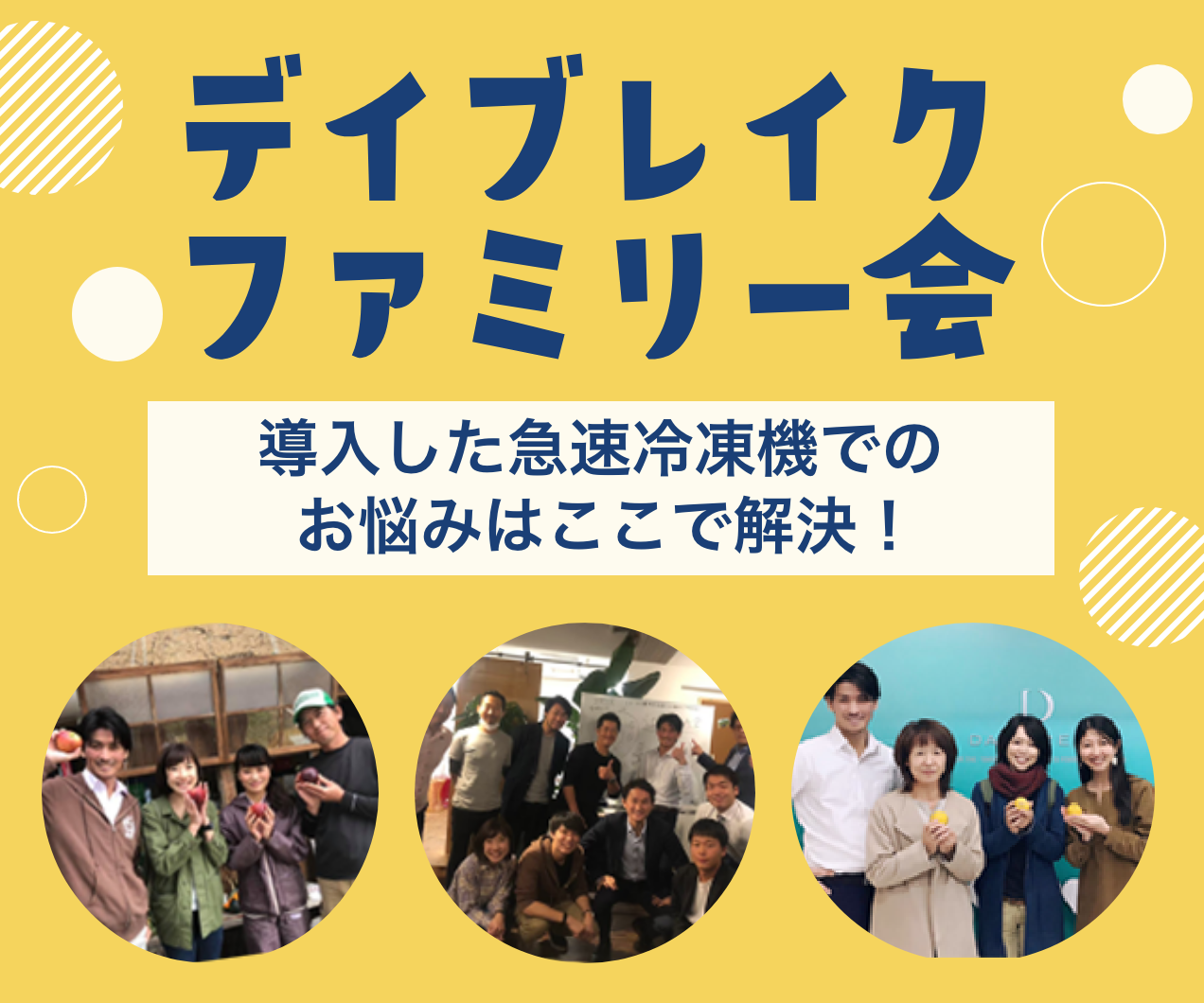
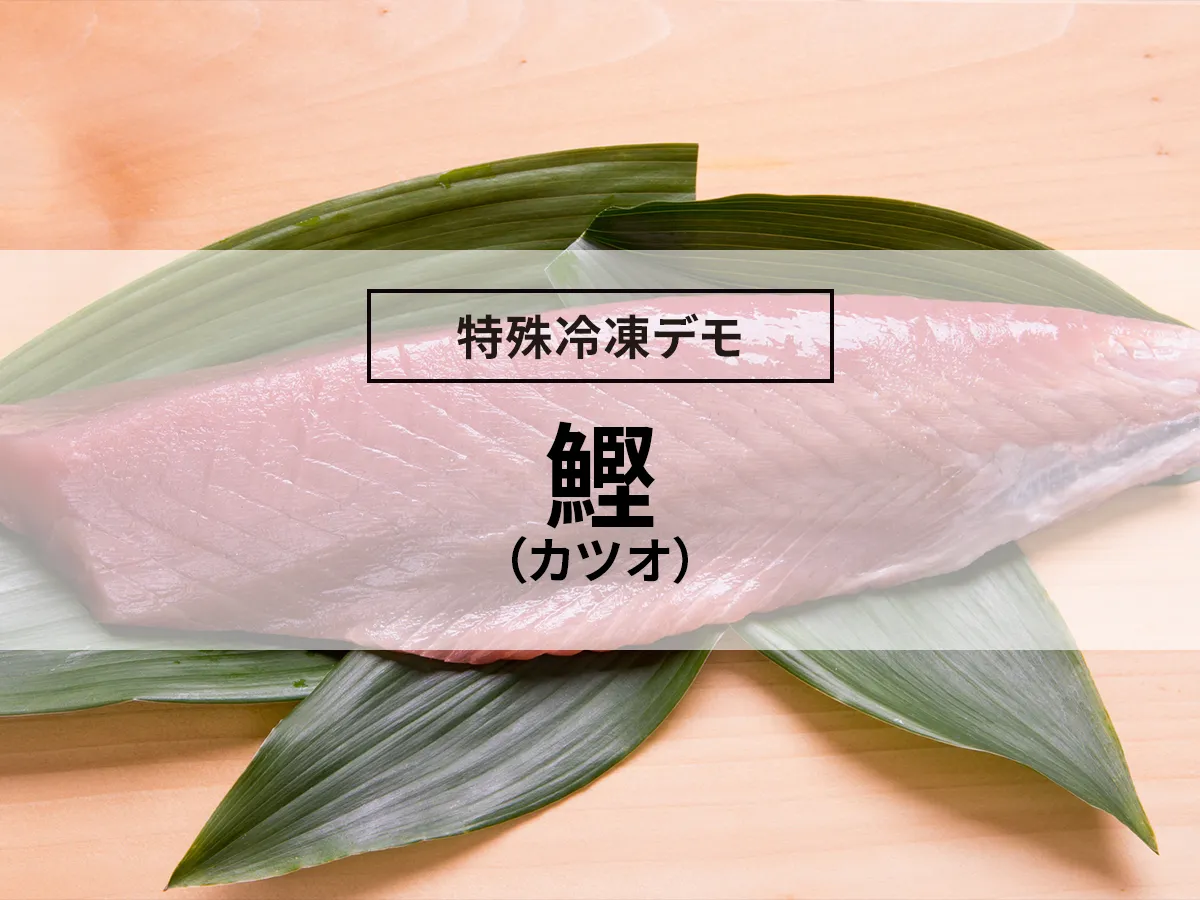
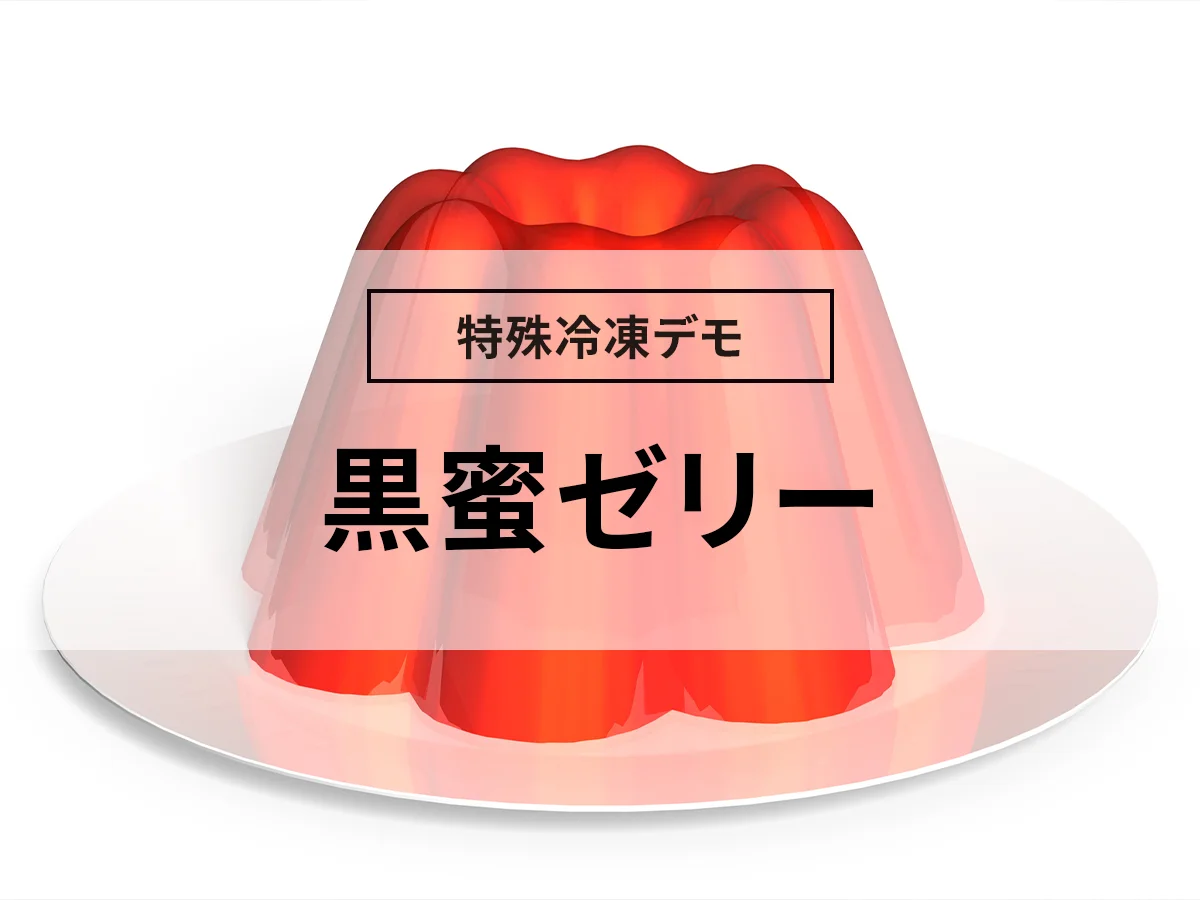

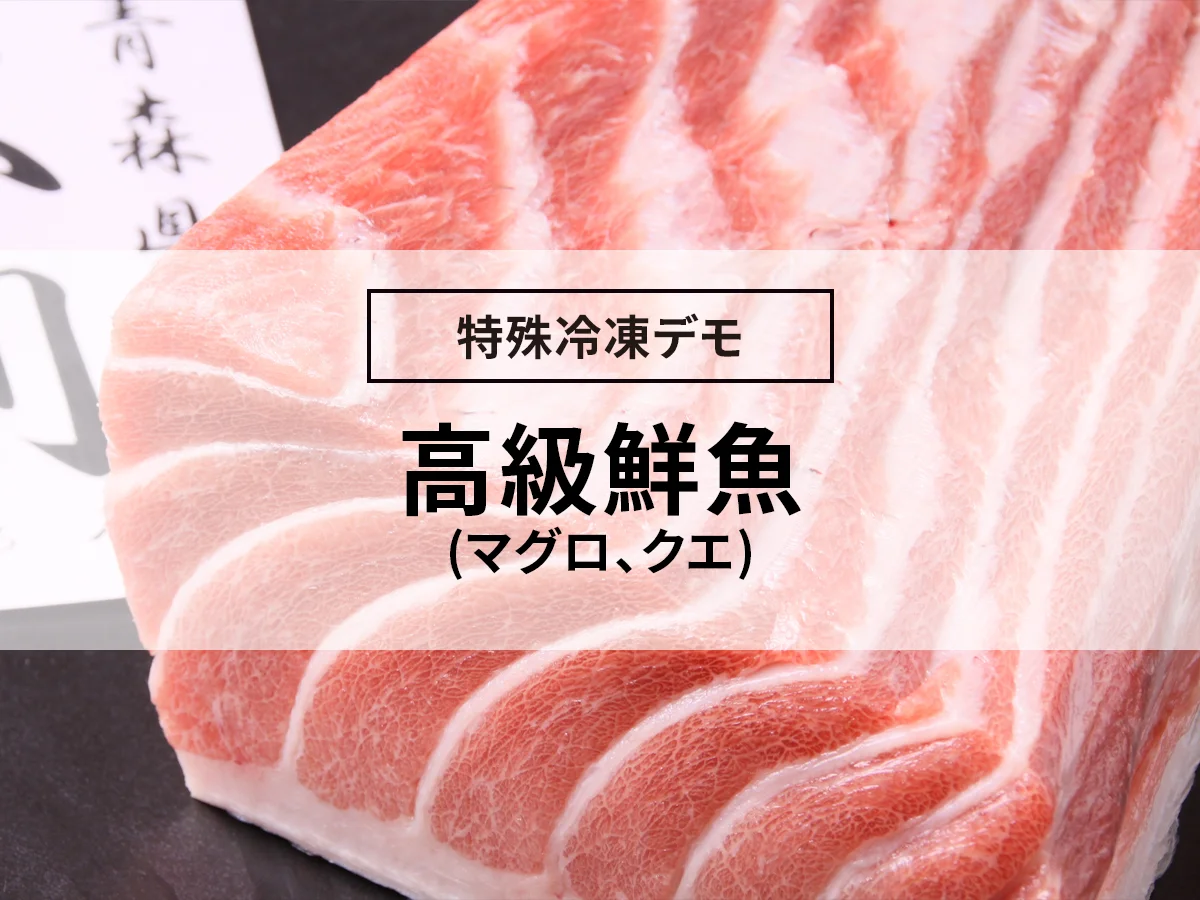
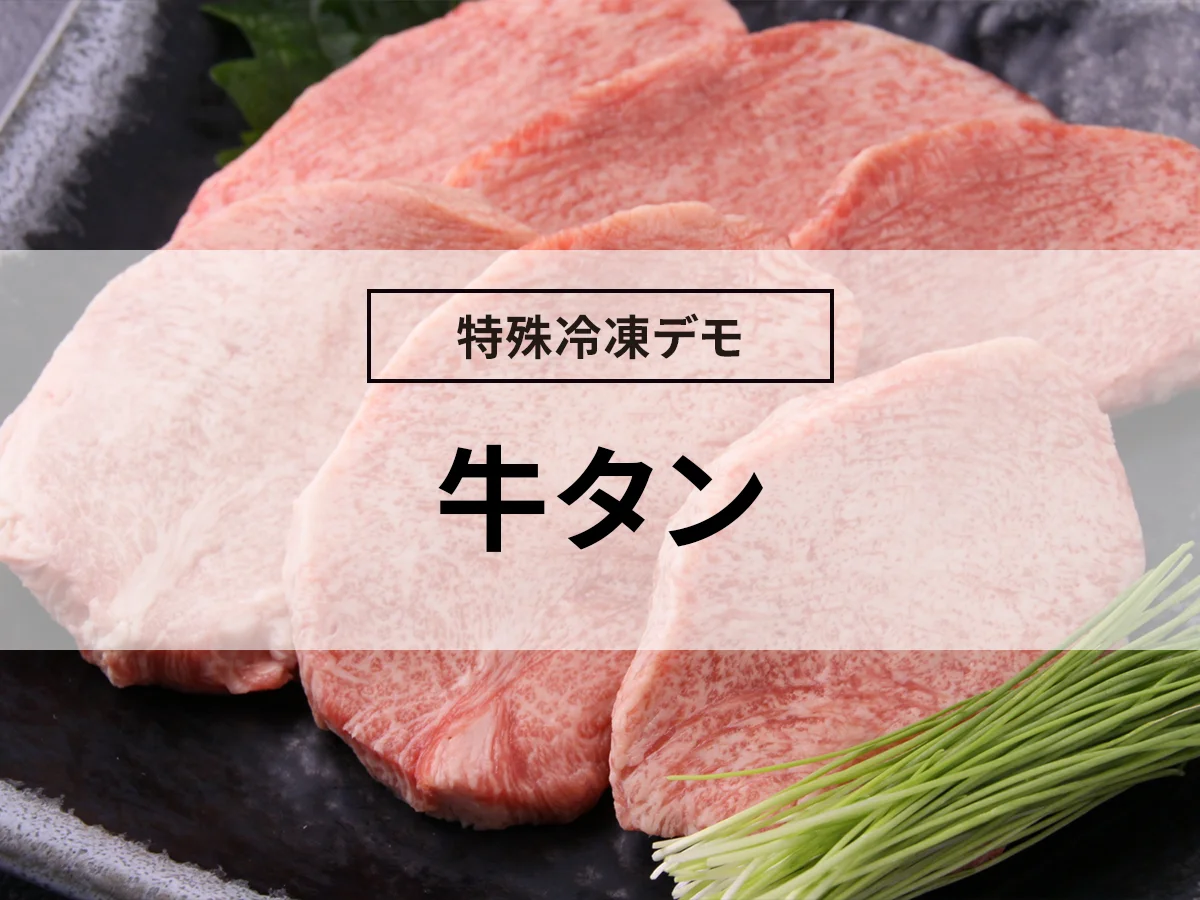






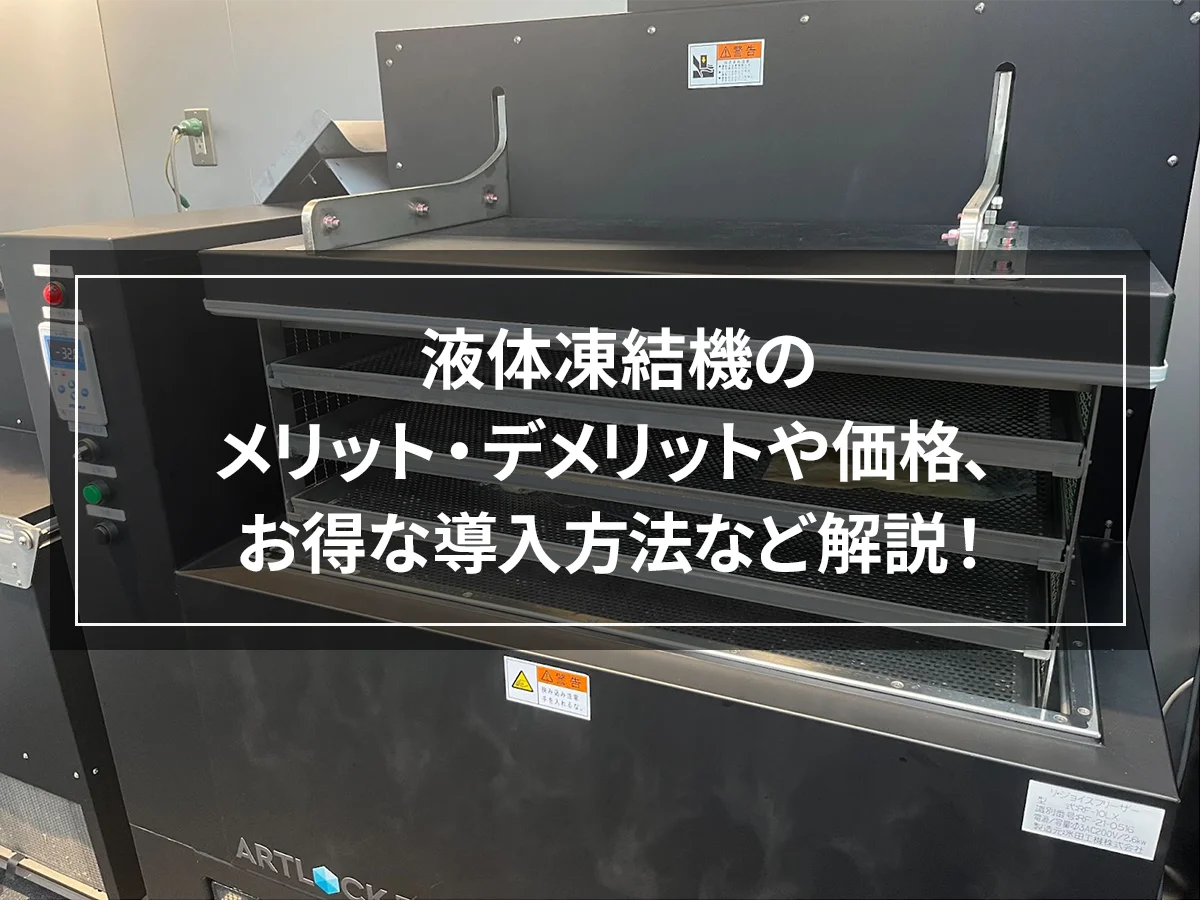
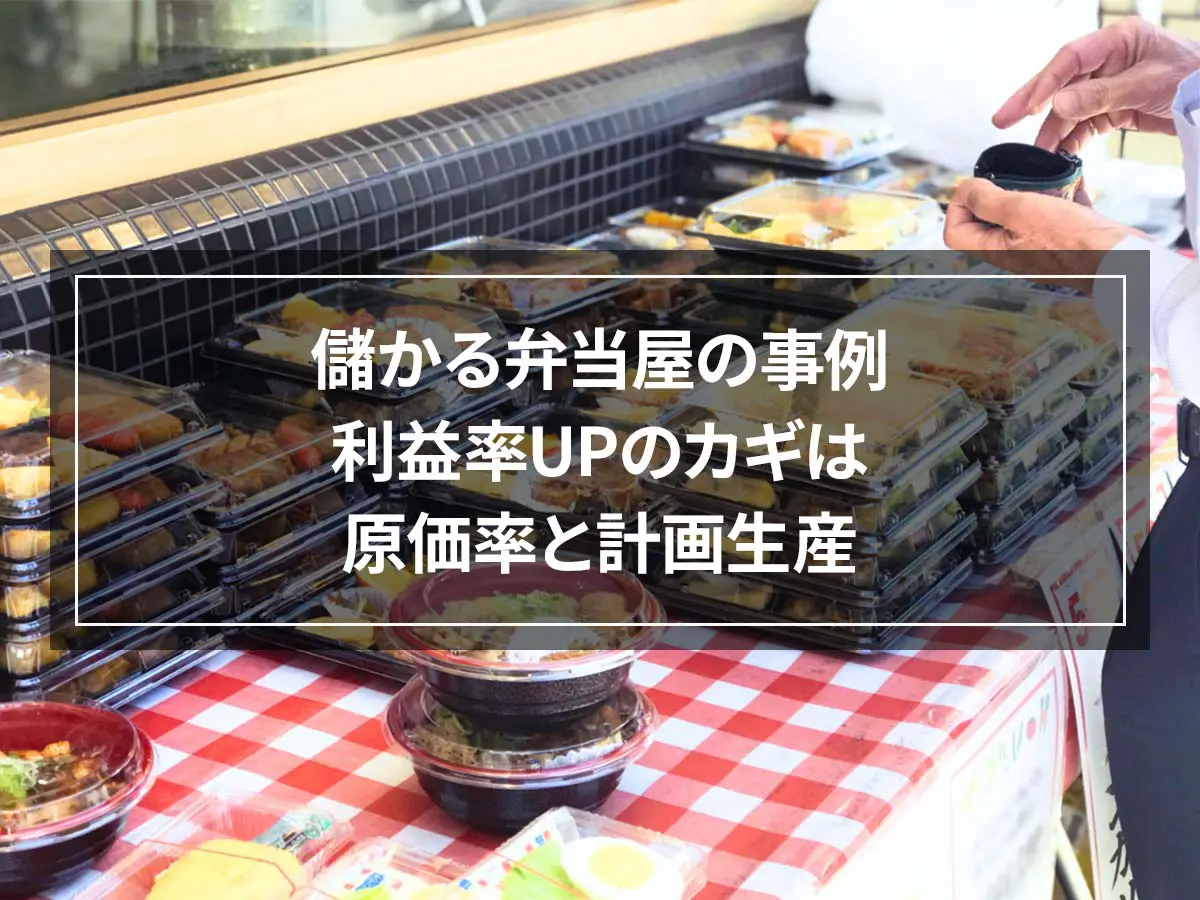
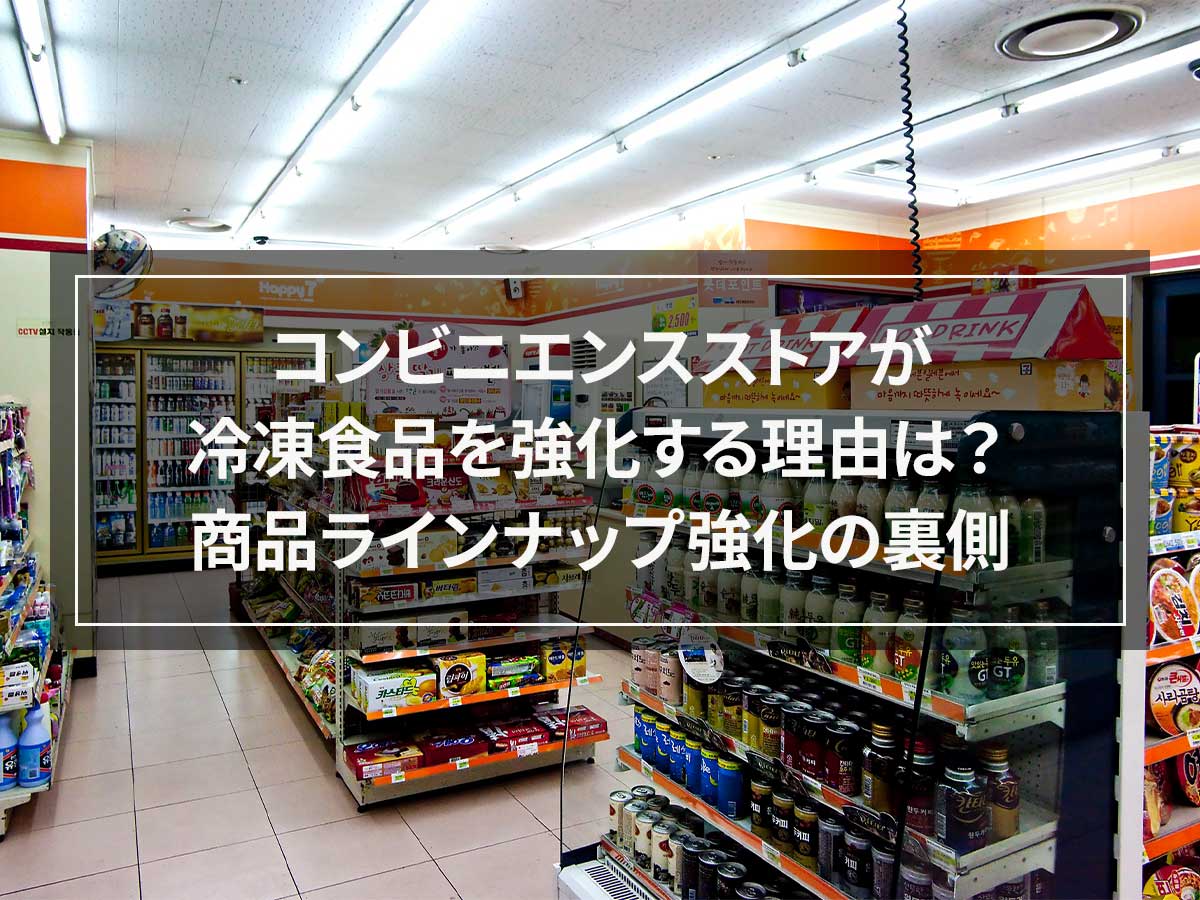
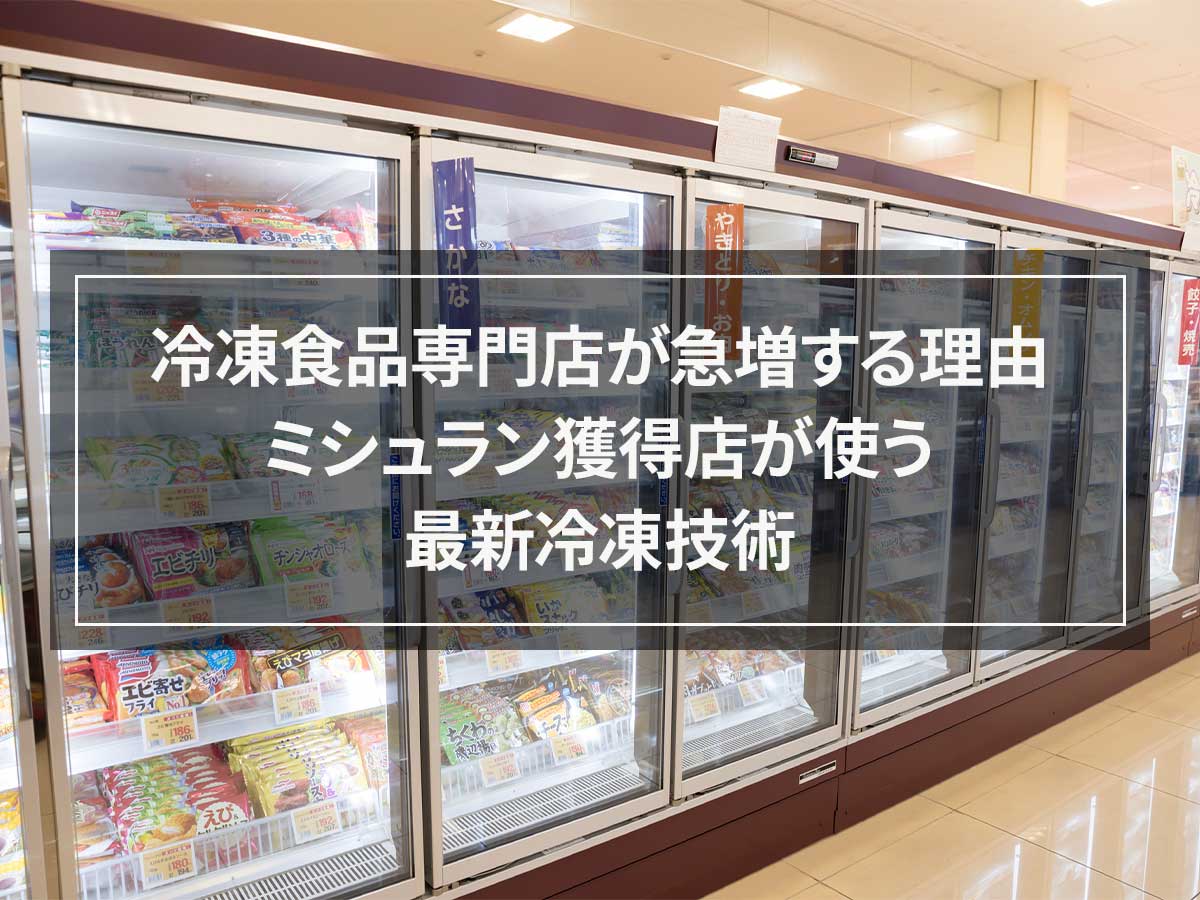
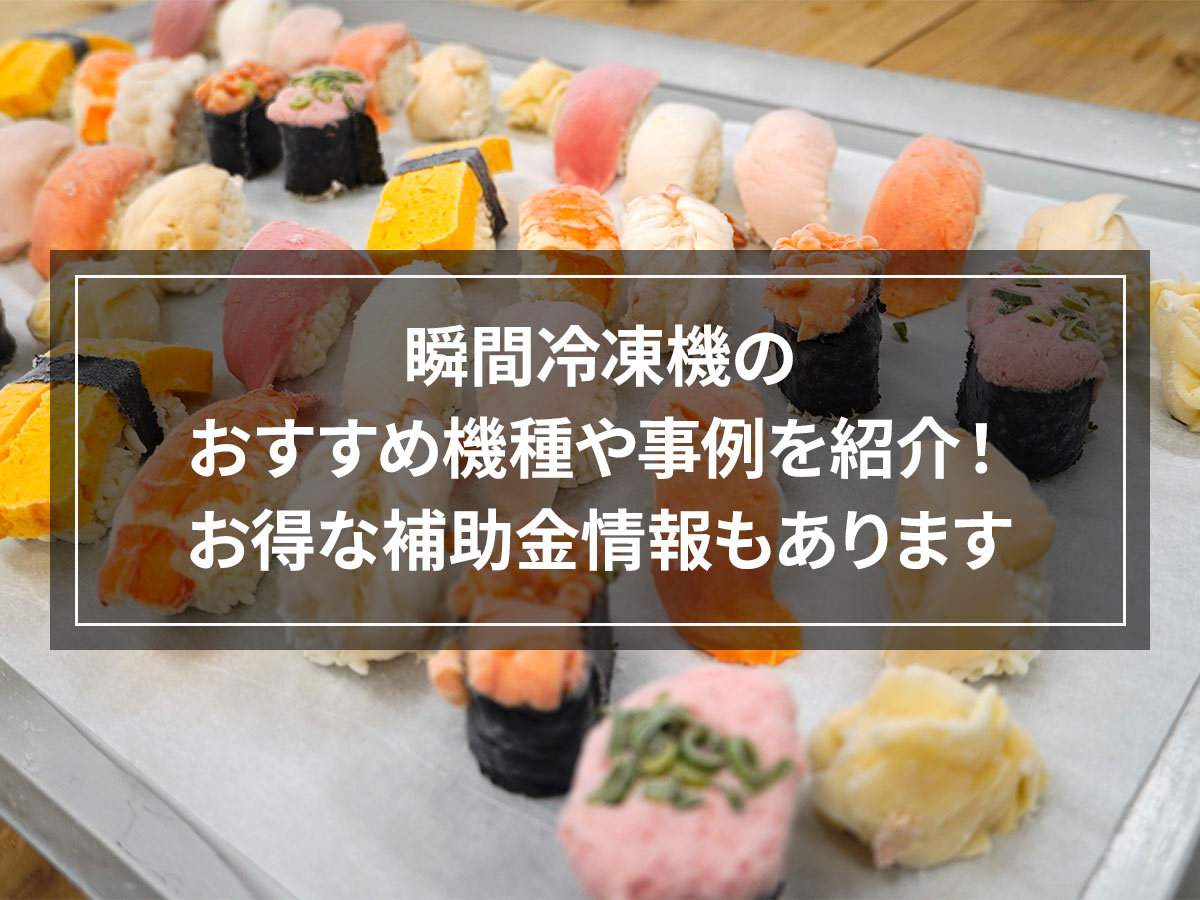
![[Great at sushi restaurants! ] How to increase sales by rapid freezing sushi](https://shunkashutou.com/wp-content/uploads/2016/04/0d3e7f8a3cefa0aefe0a8452e414db21.jpg)


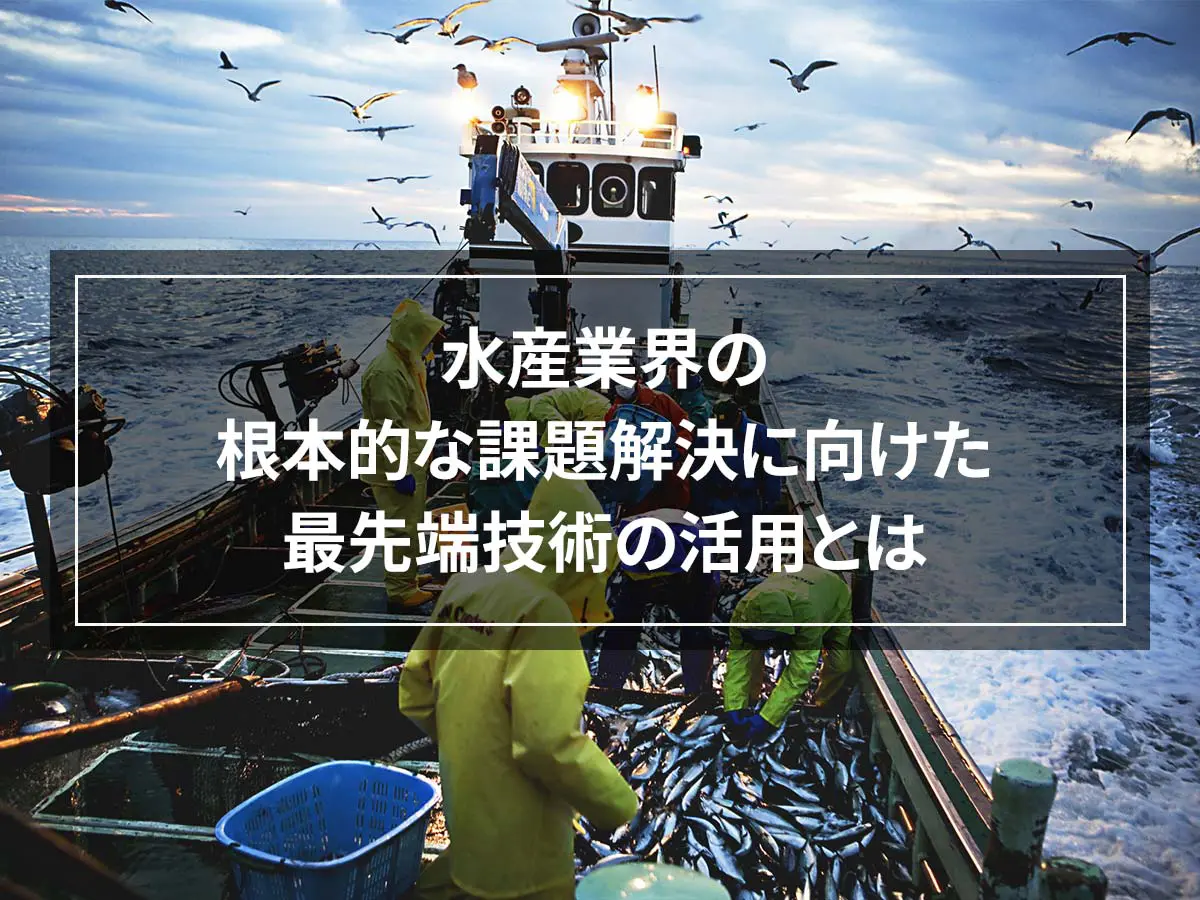



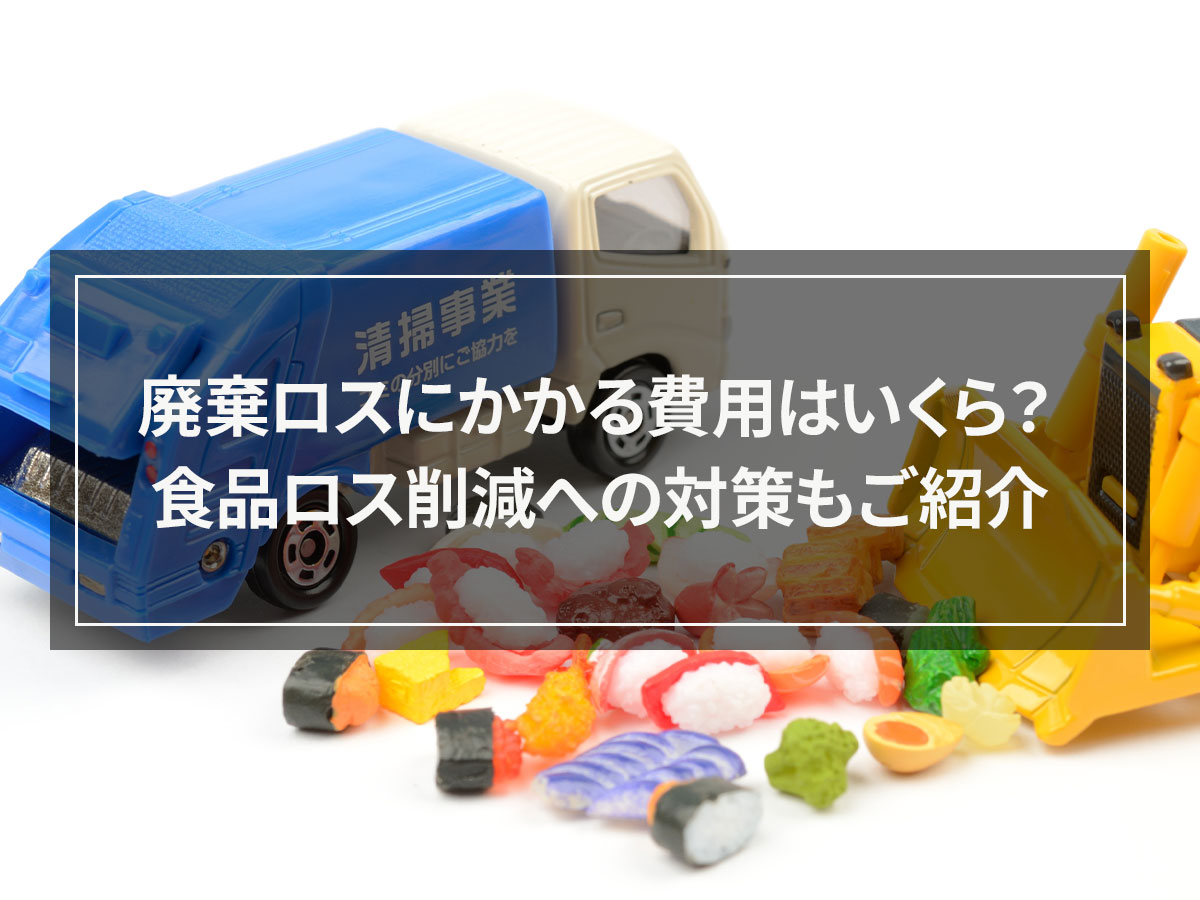

![[For maintaining food quality!] Three functions you should know about constant temperature and high humidity storage](https://shunkashutou.com/wp-content/uploads/2015/10/krefrigerator.jpg)
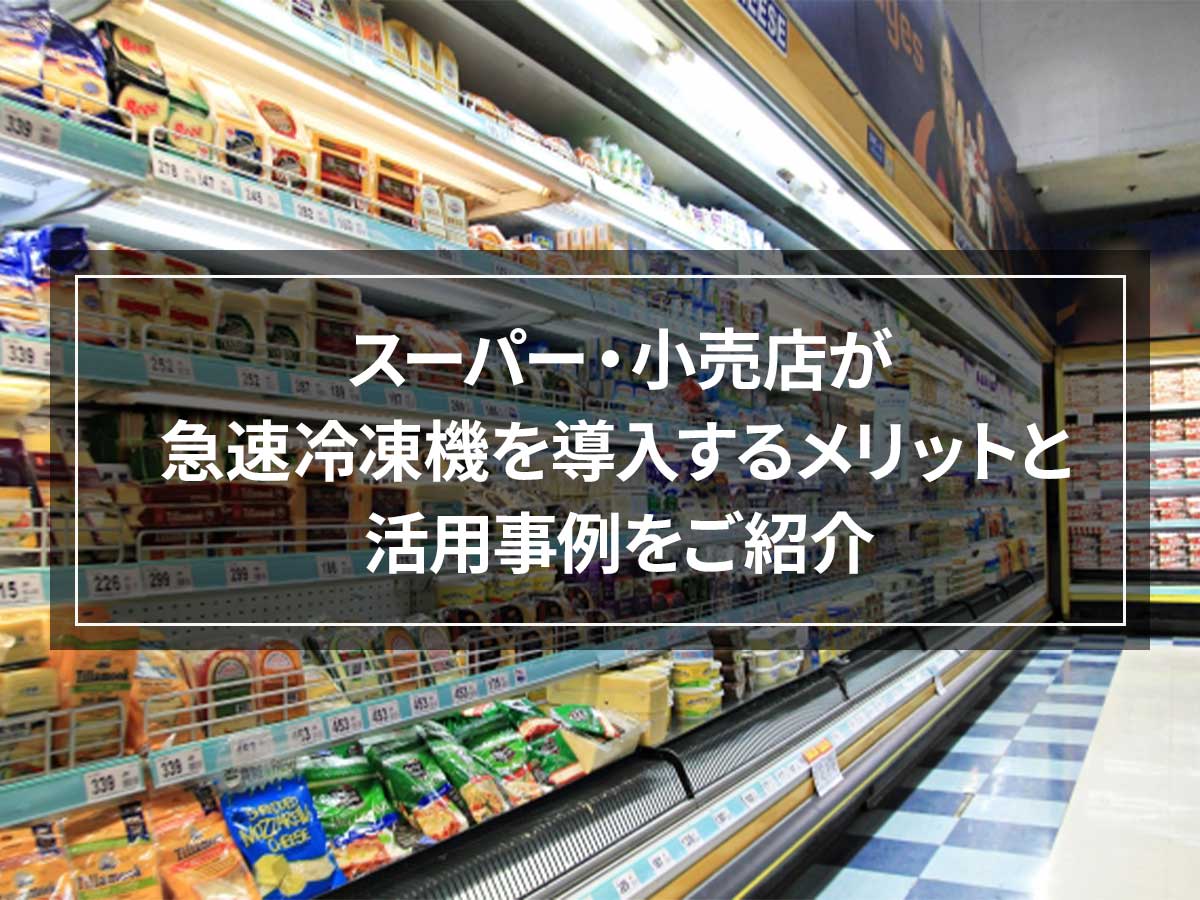
![[Must-see for beginners] What's so great about rapid freezers? Easy-to-understand explanation of the mechanism and benefits!](https://shunkashutou.com/wp-content/uploads/2020/12/9abf7961bd75c2a2af6fb61767b4fdb1-1.webp)
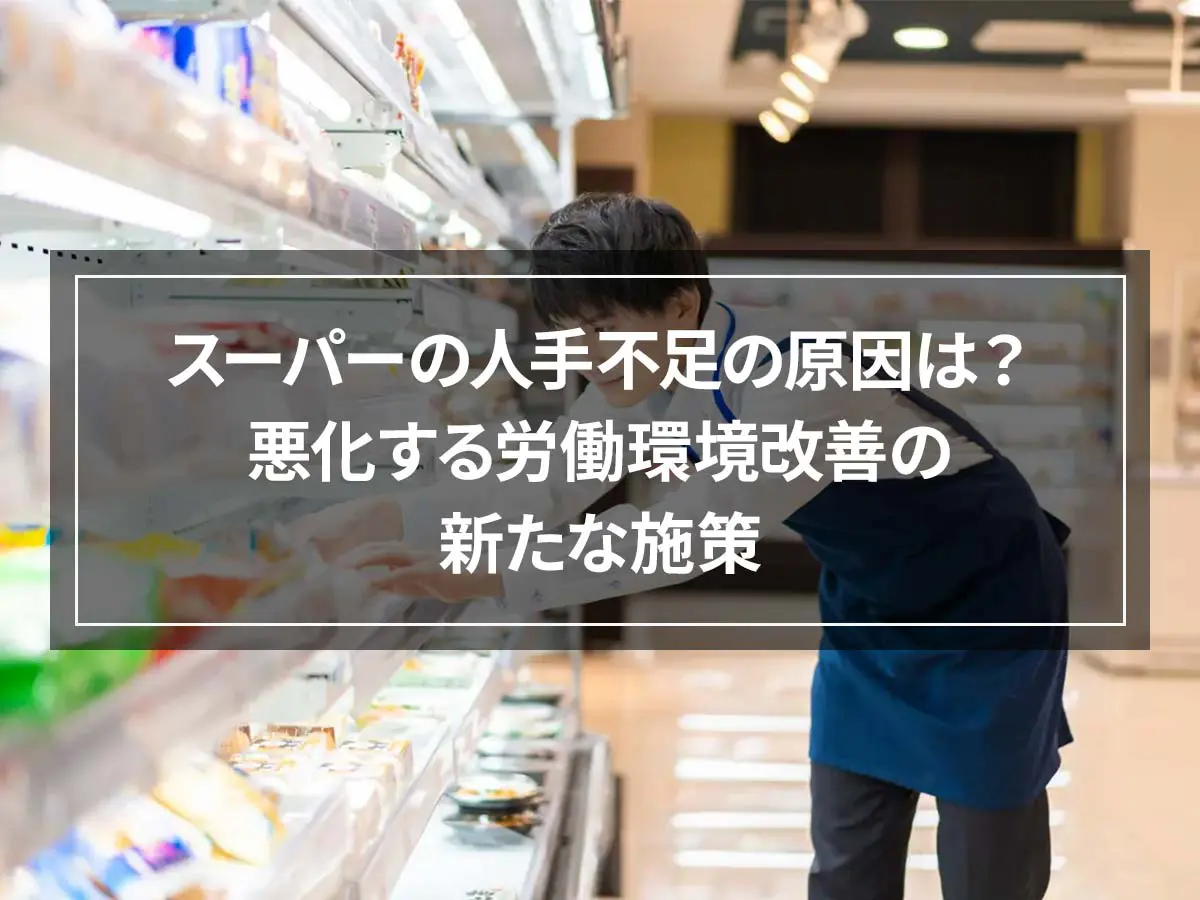


![[Labor shortage]The benefits with examples of using rapid freezer](https://shunkashutou.com/wp-content/uploads/2019/04/hitodebusoku-article-main_pc.jpg)
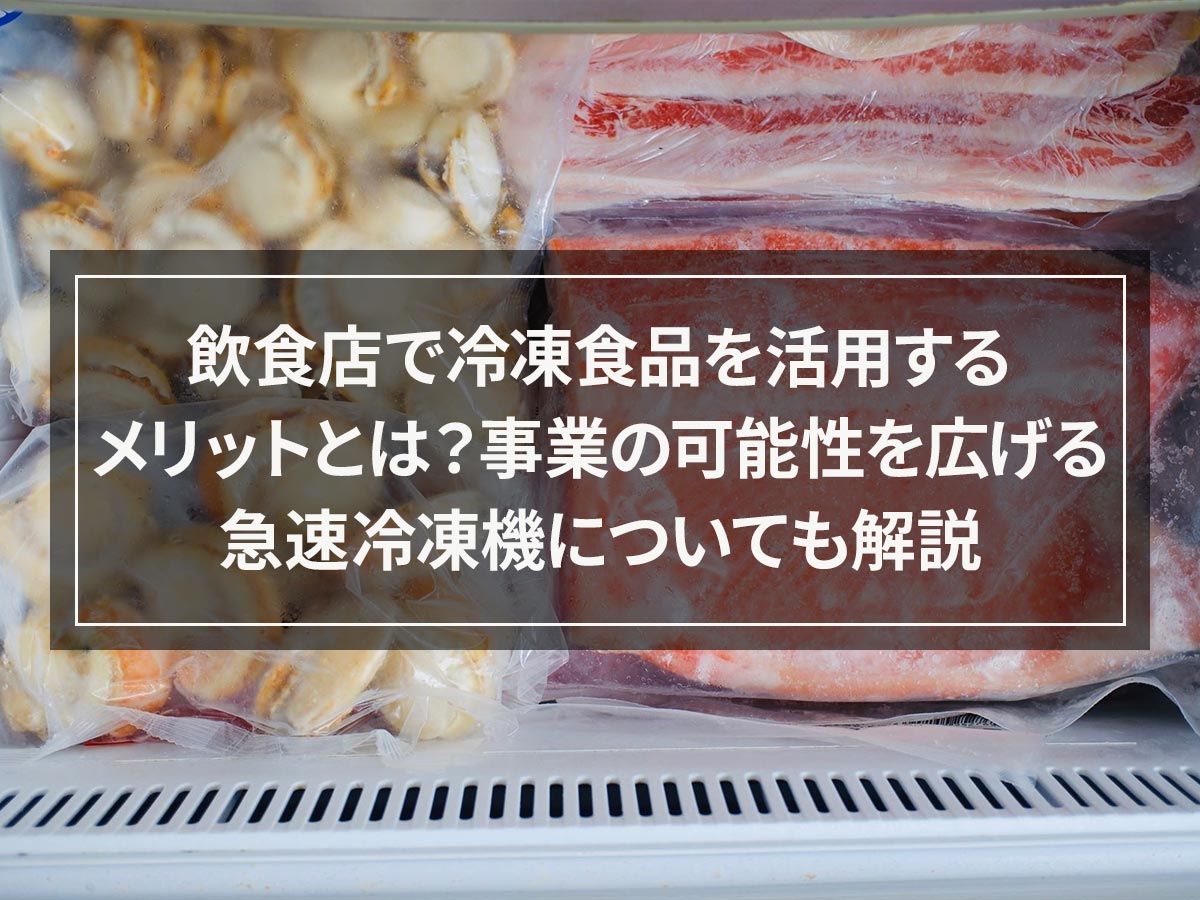

![[Easy installation and bulk storage] Prefabricated freezer functions and prices](https://shunkashutou.com/wp-content/uploads/2015/09/e52a1bacf6f05c6337143048f88802d7.jpg)
![[Successful example of rapid freezing] Efforts of Yuko Fisheries Cooperative and regional revitalization by women](https://shunkashutou.com/wp-content/uploads/2024/10/68950ce21415f187d34a8a1d5b48956a.webp)


![[Thorough explanation! ] What is the distribution and cold chain that maintains the quality of frozen foods?](https://shunkashutou.com/wp-content/uploads/2016/11/ed15366b2a889239b39608c181587427.jpg)



![[Introduced one after another in restaurants] Advantages of commercial rapid freezing! What about second hand ones?](https://shunkashutou.com/wp-content/uploads/2015/05/16920085ea8194572cc7c5babebedbe5_s.jpg)
![[For food manufacturers] What is the meaning of IQF freezing and what is rapid freezer required for it?](https://shunkashutou.com/wp-content/uploads/2017/03/40008d9f1a752dd006399fe1c4beda34.jpg)
![[Freezing Neapolitan] rapid freezing demonstration](https://shunkashutou.com/wp-content/uploads/2016/09/napolitan.jpg)
![[Achieving low cost and high quality] The problems of pubs can be solved with a quick freezer!](https://shunkashutou.com/wp-content/uploads/2024/09/11d55612344a4cbad2ad506ae700c81b.webp)

![[Increase sales! ] Three reasons why ramen restaurants should install rapid freezer](https://shunkashutou.com/wp-content/uploads/2024/08/deb66347f085932482279d9069d398c8.webp)
![[Solving issues in the retail industry] Liquid freezing machines that should be introduced in supermarkets](https://shunkashutou.com/wp-content/uploads/2024/10/60172f0f261fd750c4016165c3c56cc8.webp)

![[Rapid freezers in 2021] Market Trends and Customer Success Stories](https://shunkashutou.com/wp-content/uploads/2020/12/7F9A9CB9-A494-4E6A-946E-079279C596E6.jpeg)
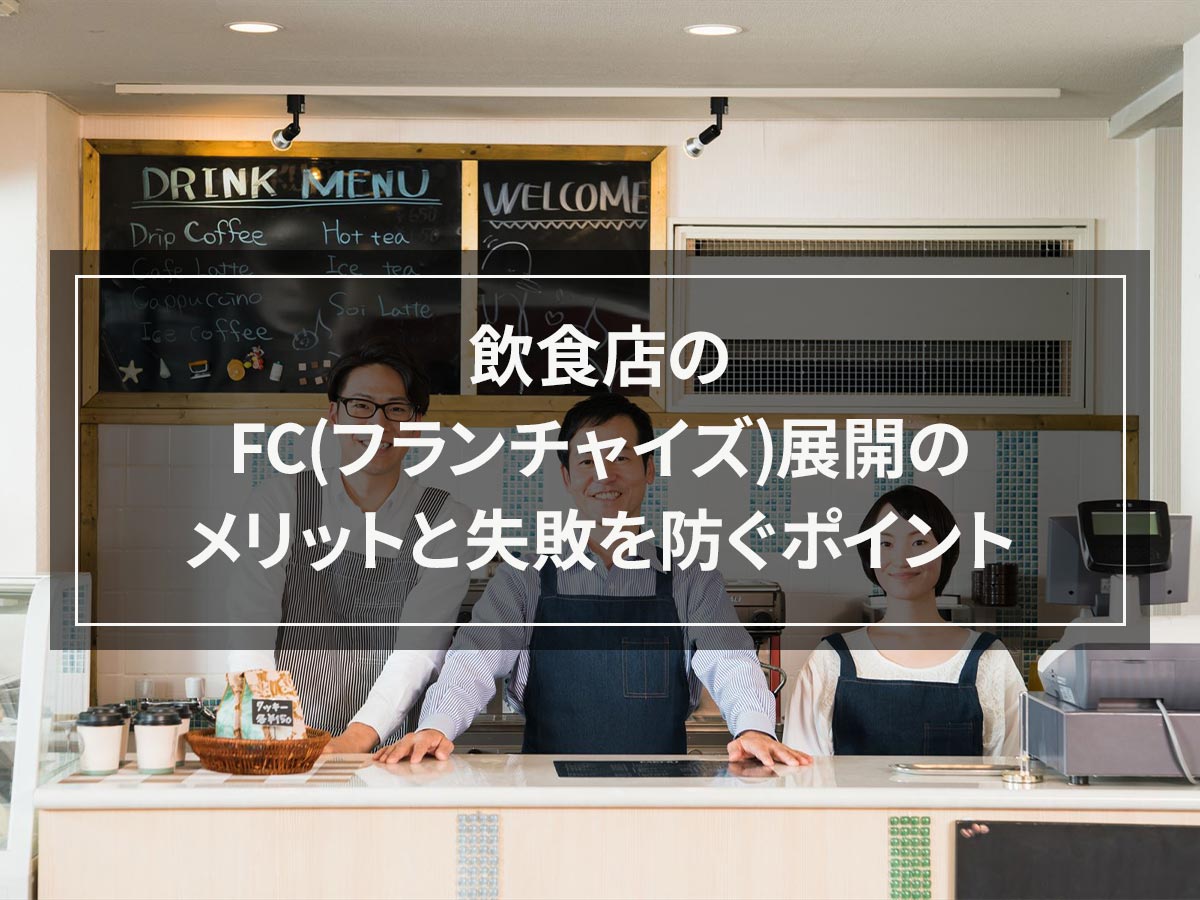
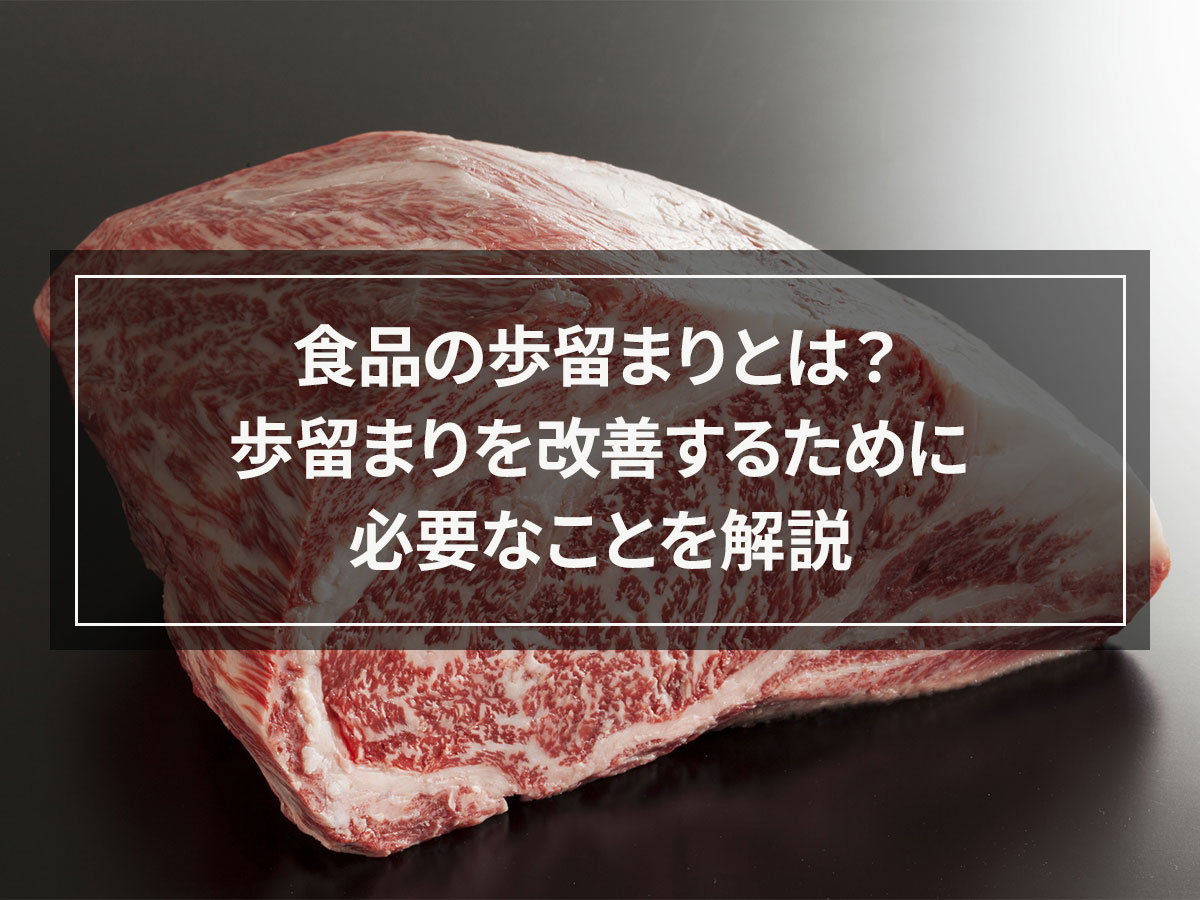
![[Food/processing manufacturers] Advantages and success stories of introducing rapid freezer](https://shunkashutou.com/wp-content/uploads/2015/05/jirei_kakou_img_01.jpg)
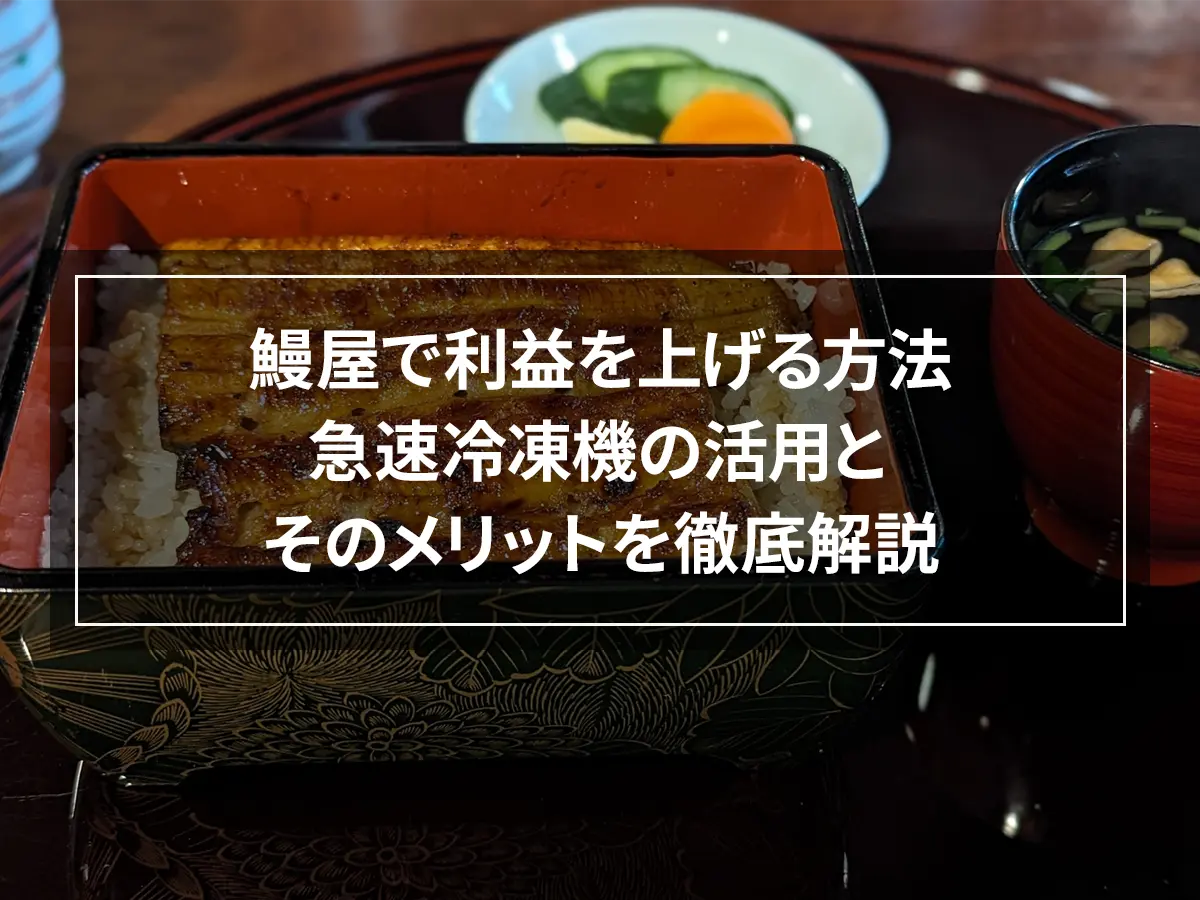
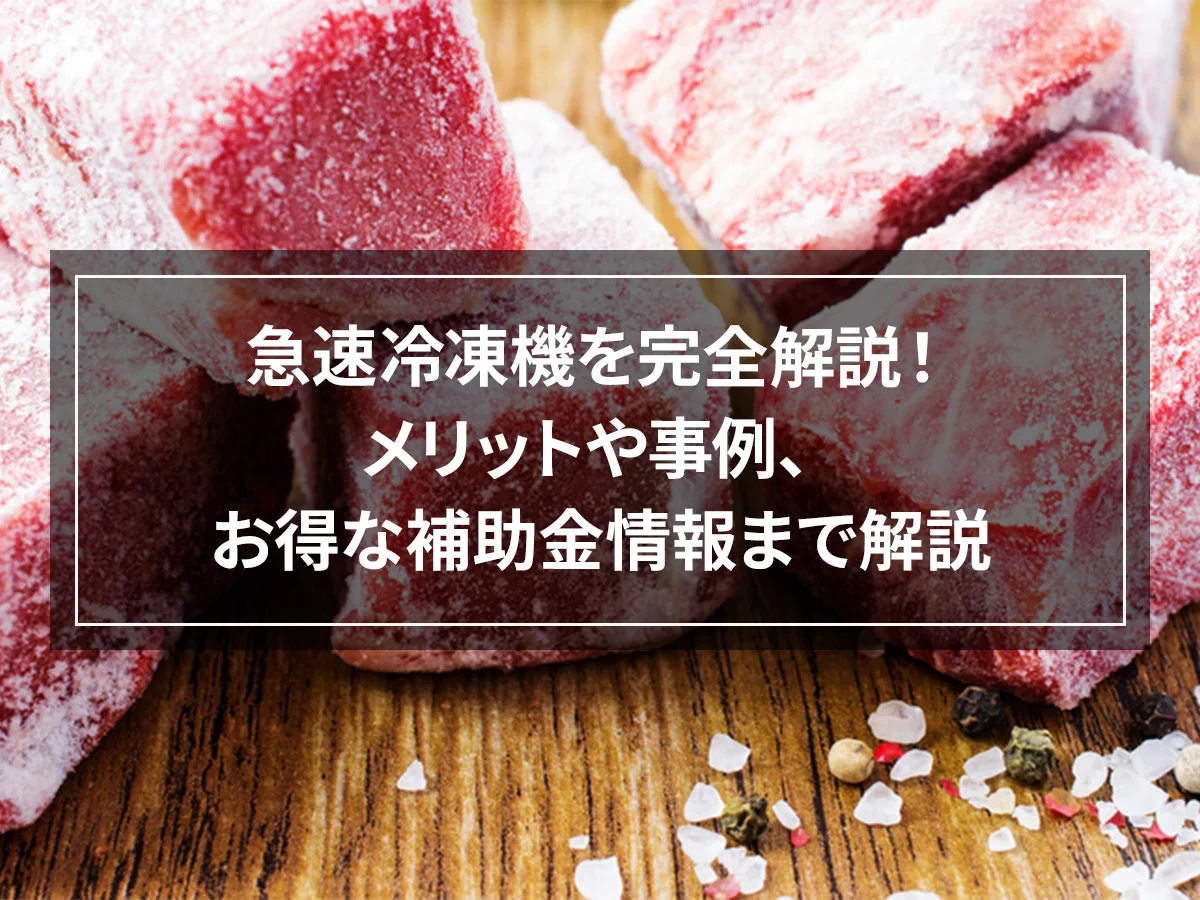


![[Eliminating the labor shortage! ] Introducing the benefits of the cook-freeze system!](https://shunkashutou.com/wp-content/uploads/2018/12/72352e99f79e7f2bfa6e9eca24acceb0.webp)
![[Thorough Guide to Preserving Sweets] Introducing the freezing method, storage period, and thawing method in detail!](https://shunkashutou.com/wp-content/uploads/2023/10/bffcbc0b6e79bb1af6e05b930e11e949.jpg)
![[Delicious food] Solving nursing home management issues with freezing and cooling technology](https://shunkashutou.com/wp-content/uploads/2024/08/7cabe275da8be8736f4496b952bde332.webp)
![[Delicious frozen foods] How to use them in lunch boxes, dinners, and snacks](https://shunkashutou.com/wp-content/uploads/2023/08/frozen-food-1024x683-1.jpg)
![[Restaurants/Restaurant] Advantages and success stories of introducing rapid freezer](https://shunkashutou.com/wp-content/uploads/2015/05/inshoku-article-eyecatch1.jpg)
![[Freshly made raw soba all over the country! ] Example of introducing a quick freezer at a soba restaurant](https://shunkashutou.com/wp-content/uploads/2024/09/6d8138adcf26c410c11b25d5b8d2f3de.webp)




